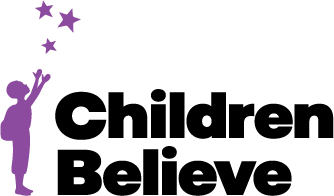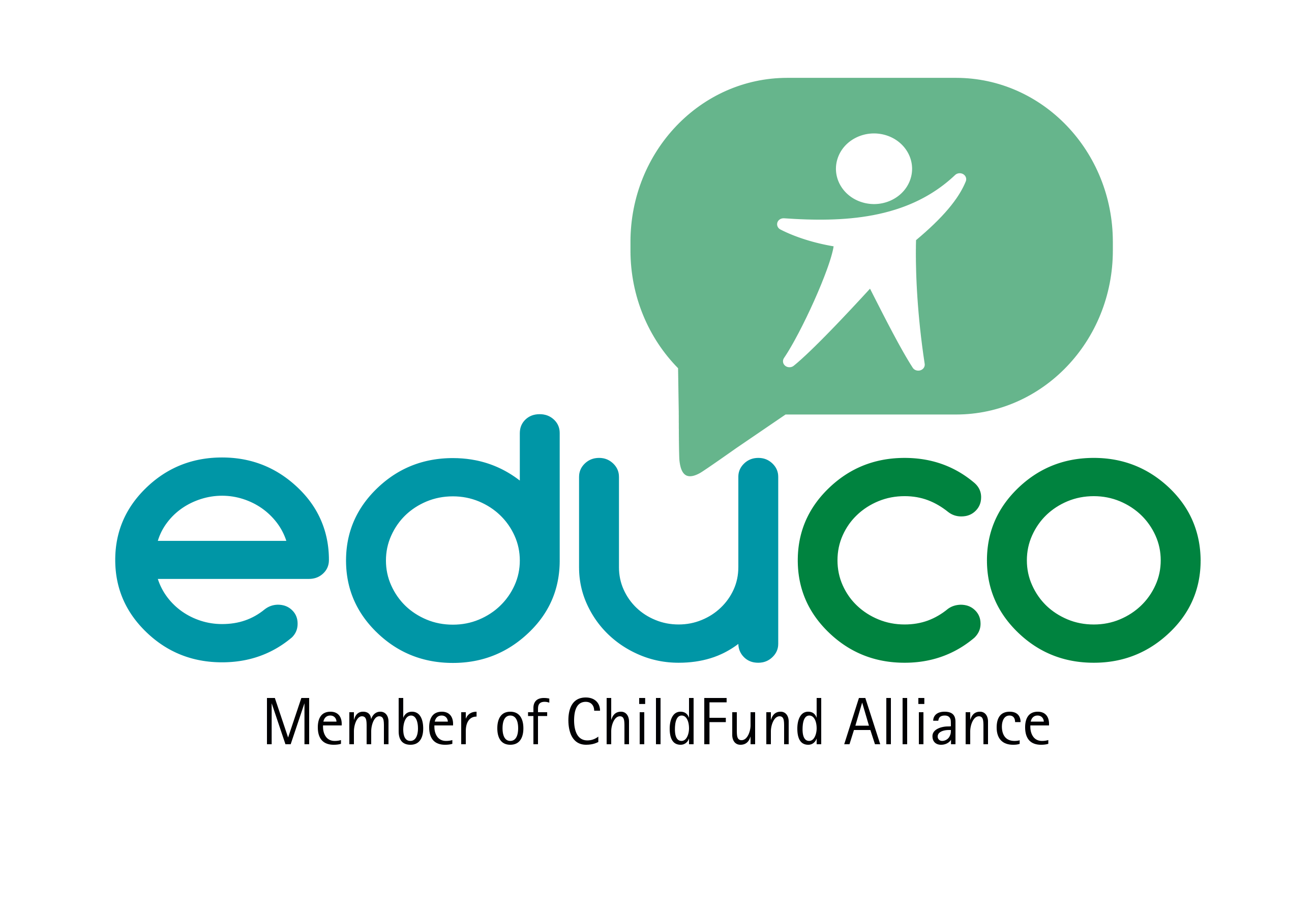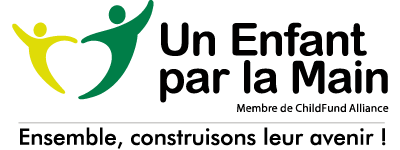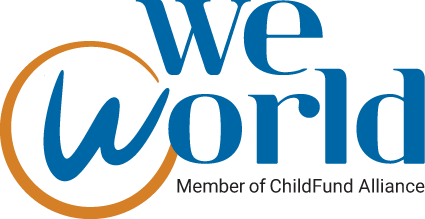Kenya is an independent republic on the Indian Ocean. Kenya is considered the economic and transportation hub of East Africa, and its GDP has grown about 5 percent annually, benefiting a growing middle class. Nonetheless, unemployment is at about 40 percent, and inadequate infrastructure and corruption have hampered its economic growth and development. Inflation and food shortages have further plagued the country since 2012. ChildFund Kenya implements a host of projects through 38 local partner organizations that assist children and youth in 25 counties. The projects focus on education, health, water and sanitation, economic livelihoods and emergency response.
ChildFund has served children in Kenya since 1960.
Helping Kenyan Families Build a Future Beyond HIV
Launched in 2011 and run by ChildFund and several other partner organizations, the USAID-funded program takes a comprehensive approach to ensuring that these children and their caregivers have a safety net so they can build toward a more hopeful future. The program works to ensure that basic needs are met, including:
- Health: Families have improved access to health care. Trained community health volunteers provide prevention education during home visits. Increased access to safe drinking water and improved hygiene and sanitation help protect children’s and families’ health.
- Protection: When a caregiver dies, the children left behind are often vulnerable to abuse, exploitation and other risks. ChildFund works to protect children and help families stay together.
- Psychosocial support: Through home visits, trained volunteers monitor families and educate them about stress management. Support groups for both children and caregivers help them cope with the stigma of HIV and AIDS and learn how to stay healthy.
- Food and nutrition: Families receive nutritious food to supplement their diets and sustain their fragile health.
- Education: Families receive help with school expenses, and schools are supported to become more child-friendly, with training for teachers. Schools also offer support groups, child rights clubs, financial literacy education and hygiene training.
- Economic empowerment: Hundreds of savings and loan groups help thousands of adults grow their small businesses so they can support their families and overcome financial barriers that keep many HIV and AIDS patients from receiving care. Training and support for income-generating enterprises help families improve the circumstances.
| Location: | Kenya, Nairobi |











